
Nigerian actor Tunde Usman, popularly known as Okele, has proposed a unique approach to addressing the country’s economic difficulties, suggesting that Nigeria could adopt a model of “signing” foreign presidents to lead the nation.
Unconventional Governance Proposal
In a viral video circulating on social media, the Nollywood actor suggested that Nigeria should stop holding periodic elections and instead appoint ex-presidents from other countries to govern, comparing his idea to how football clubs hire successful coaches from around the world.
Speaking in Yoruba, Okele argued that adoption of the football method might solve the constant disappointment with elected leaders, saying “Greetings to all Nigerians home and abroad. May God help us soften this hardship.” The actor made the proposal while commenting on the recent rise in cooking gas prices.
Context and Commentary
The video emerged amid growing public discourse regarding Nigeria’s economic situation, particularly rising inflation and increased costs of essential commodities like cooking gas and fuel. Okele made the remark in a viral video shared on his Instagram page, where he lamented the rising cost of living.
While presented in a humorous tone, Okele’s commentary reflects broader frustrations within Nigerian society concerning government performance and economic management. The actor’s analogy draws comparison between how football organizations recruit international talent to improve performance and how nations might approach governance differently.
About the Actor
Tunde Usman, popularly known as Okele, is a Nollywood Yoruba film actor, producer, and master of ceremony in the Yoruba movie industry. He has established himself as a vocal commentator on social and economic issues affecting Nigeria through his social media platforms.
The video has generated significant engagement across social media platforms, with viewers responding variously to the satirical nature of the proposal. The comment highlights the ongoing conversation about governance solutions and public frustration with Nigeria’s economic trajectory.






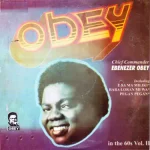










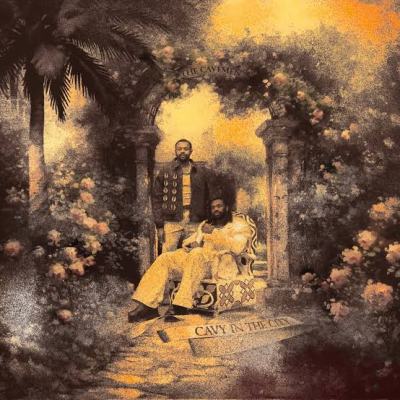
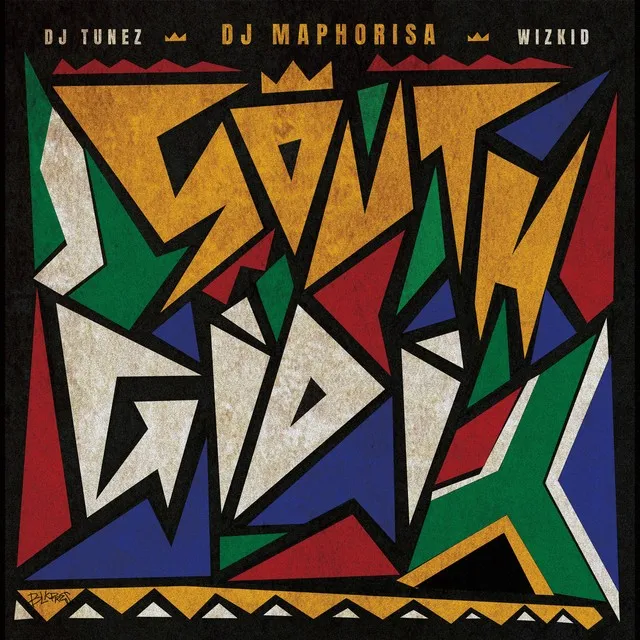
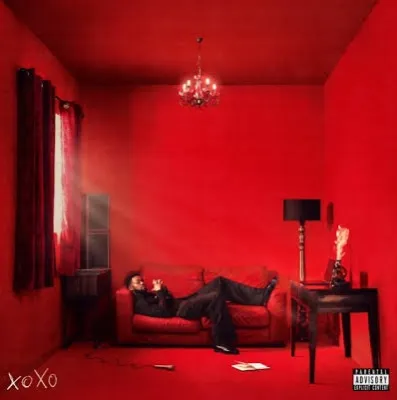


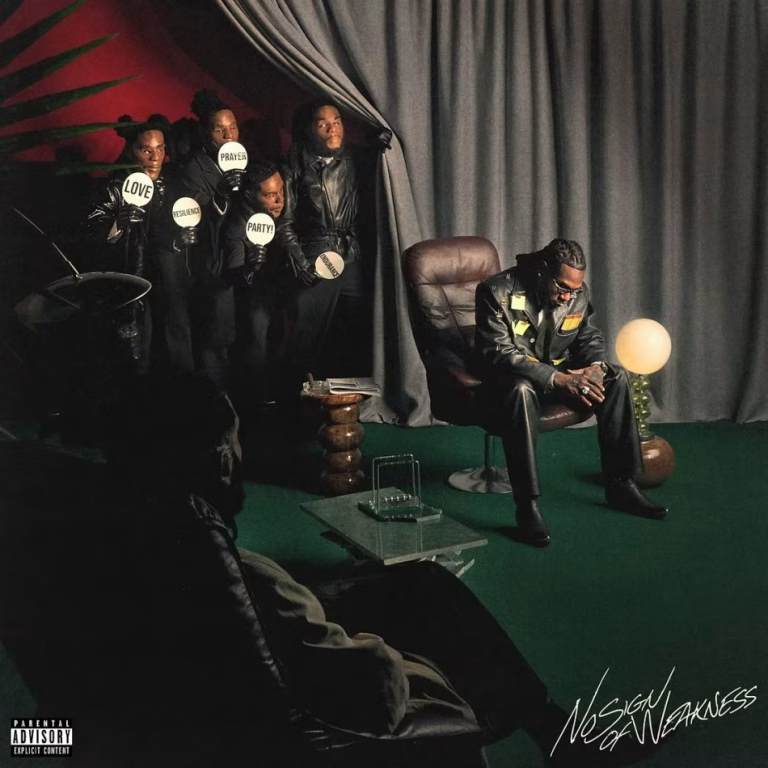






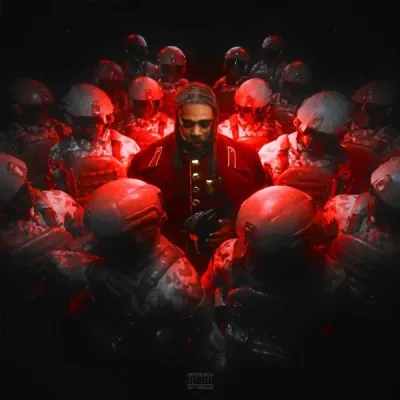


Be the first to comment